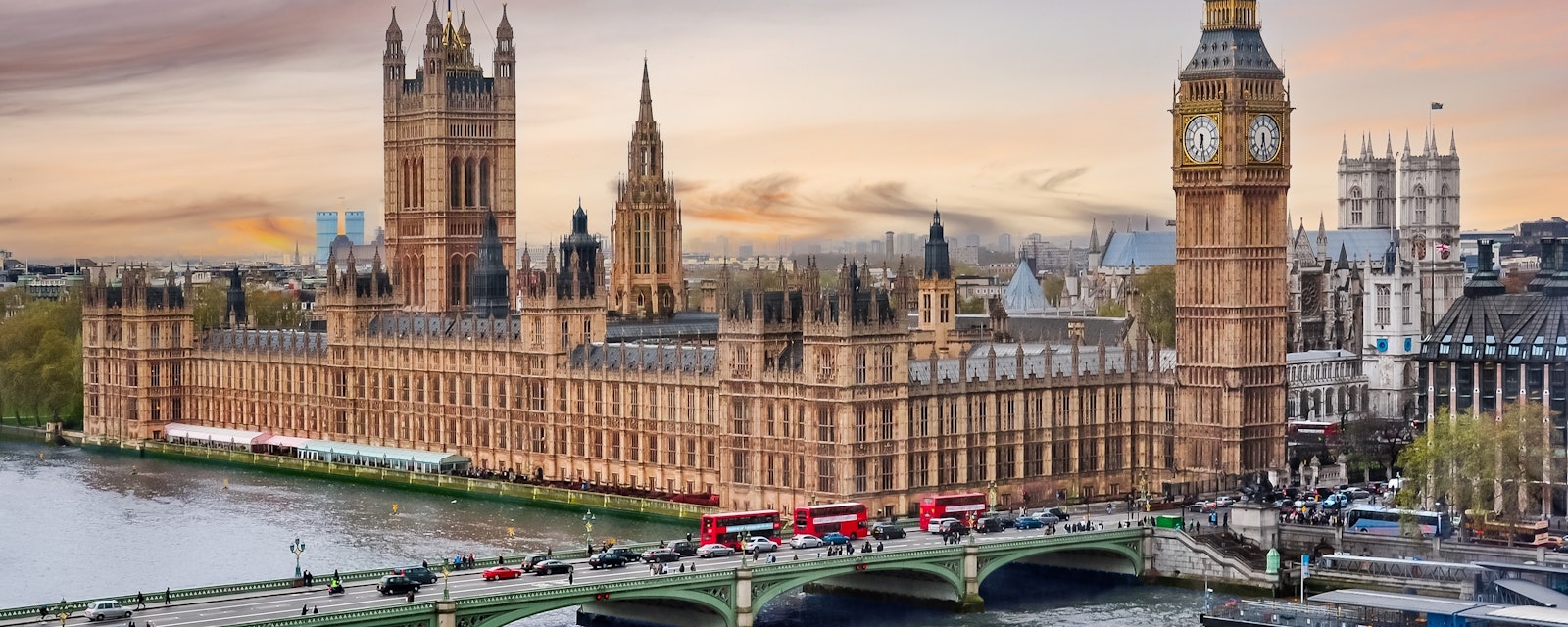Prime Minister Rishi Sunak has reshuffled his cabinet in what is likely to be the last major change of the Conservative front bench ahead of the general election expected before the end of 2024.
The return of former prime minister David Cameron as foreign secretary came as a major surprise. With this move, Sunak has managed to shift the spotlight away from his sacking of home secretary Suella Braverman. For the markets, the most important point is that Chancellor Jeremy Hunt remains in post. More broadly, four senior offices of state are now either in the hands of declared moderates (Sunak, Hunt, Cameron) or of a right winger with a track record of more moderate rhetoric (James Cleverly, moved from foreign to home secretary).
The main driver behind the reshuffle was the need to replace the rebellious, hard-right home secretary who had effectively defied prime ministerial orders with public accusations against the police over pro-Palestinian protests. With Braverman apparently acting on her own and refusing to moderate her tone after Sunak’s intervention, not removing her from the cabinet would have badly undermined prime ministerial authority. Her many critics on the party’s more moderate wing have been accusing Braverman for days of trying to provoke her own dismissal.
Now that this has materialized, Braverman is not only freed from cabinet discipline but also from the stigma from the widely expected Conservative defeat in the general election looming next year. Instead, she can use the remaining months until the polls to further work on her positioning as a bold anti-establishment voice within the party. The logical next step would then be a bid for the Conservative (and opposition) leadership, betting on the overall rightist leanings of the party membership on the ground. If successful, such a hard-right leadership for a future Conservative Party in opposition might be a positive scenario for a Labour government eager to solidify its grip on the political center-ground.
For now, however, these are future considerations. In the near term, one signpost is how strong the internal backlash from the Tory right-wing will be, despite the predictability of Braverman’s ousting. An important factor to watch is the Supreme Court ruling expected on 15 November about the legality of the government’s practice of deporting asylum seekers to Rwanda. If the court were to decide that this practice breaches the UK’s obligations as a signatory of the European convention on human rights (ECHR), then calls from the Conservative right for the UK to quit the ECHR are likely to increase again – including from Braverman herself. Regardless of the reshuffle, it is still vital for the government to be seen to reduce the number of migrants arriving illegally ahead of a crucial election year. At the same time, Conservative moderates would be uneasy with the idea of leaving the ECHR at a moment of geopolitical contestation around the liberal international order.
At home, Cameron’s return has strong echoes of Gordon Brown bringing back Peter Mandelson in 2008 and risks serving as another reminder of the Conservatives’ having been in government for more than 13 years now. That said, it is possible that his return could have a small net benefit at the margins. Cameron is a heavyweight who will bring a bit of gravitas back to government and help the Prime Minister demonstrate that his is a government of serious people doing the serious job of governing. Cameron is also a very strong communicator and a formidable politician who, after all, did win two general elections. Politically, his return helps the Conservatives in the fight against the Liberal Democrats in the ‘Blue Wall’ of Southern Seats by providing reassurance to centrist Conservative voters. It’s still very likely that the Conservatives will lose the next General Election, but with Cameron’s return, maybe not as badly as would have been the case without him.




